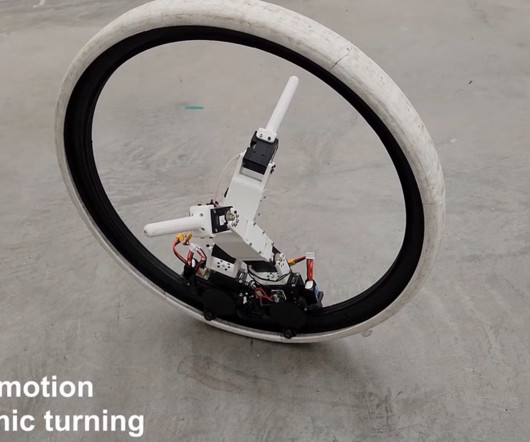New exhaust catalyst features thermal durability and high reactivity at low operating temperatures
Green Car Congress
MARCH 26, 2019
Catalytic converters have been used in the US since the 1970s as a way to clean up pollutants from vehicle exhaust. As cars have become more fuel-efficient, however, they use less energy and the temperature of the exhaust gases is lower, which makes it harder to clean up the pollutants. —Yong Wang.








































Let's personalize your content